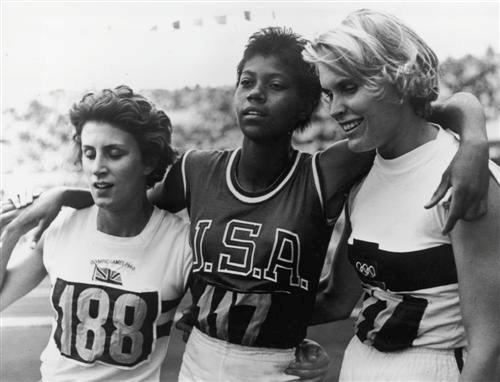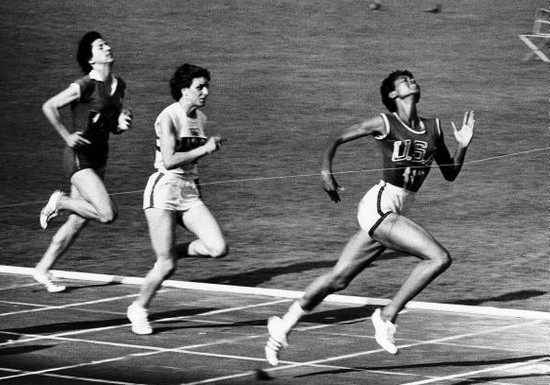Introduction to Wilma Rudolph
Wilma Rudolph became the first American woman to win three track and field gold medals at the same Olympic competition. She was dubbed “the fastest lady in the world” due to her accomplishments. Track and field pioneer Wilma Rudolph also played a significant role in the civil rights movement. She was told she would never walk again because she was born prematurely and contracted polio as a young child. Nevertheless, she became one of history’s finest athletes and the first American woman to win three gold medals in a single Olympic competition. We’ll look at 15 fascinating facts about Wilma Rudolph’s life and legacy in this blog, starting with her early challenges and ending with her ground-breaking successes on and off the track. Commemorate this outstanding athlete and civil rights leader with us throughout Women’s History Month, Black History Month and all year round.
25 Fun Facts about Rudolph
1 . Wilma Rudolph was born on June 23, 1940, in St. Bethlehem, Tennessee.
- She was the 20th of her parents’ 22 children to be born.
- Rudolph was born 4.5 pounds underweight and early.
- At age 5, she developed polio, which caused her left leg and foot to twist.
- Despite being warned by physicians that she would never be able to walk again, Rudolph persisted.
- When she was nine years old, she began jogging as a form of physical treatment.
- At 13, Rudolph defeated all the guys in her school to win her first race.
- Eventually, she was awarded a scholarship at Tennessee State University.

- At 16, Rudolph ran in her first Olympics in 1956 in Melbourne, Australia.
- She was the first American woman to accomplish this when she won three gold medals at the 1960 Olympics in Rome.
- Rudolph resigned from athletics at the age of 22, having won a total of four Olympic medals.
- She transitioned from competing in sports to coaching and teaching.
- Rudolph collaborated with Martin Luther King Jr., a devoted civil rights campaigner, to advance equality.
- In 1983, she was admitted into the American Olympic Hall of Fame.
- On November 12, 1994, at 54, Rudolph died from brain cancer.
- In Rudolph’s Tennessee hometown of Clarksville, there is an annual track and field competition called the Wilma Rudolph Invitational.
- She was given the nickname “Tennessee Tornado” for her remarkable speed on the track.
- Rudolph made history by being the first American female gold medalist in the 100-meter sprint.
- She set a world record for the 200-meter sprint at the 1960 Olympics by completing it in 24 seconds.

- Initially a sorority member of Alpha Kappa Alpha, Rudolph eventually became an honorary member.
- In 1993, President Bill Clinton gave her the Presidential Medal of Freedom.
- In 1977, Cicely Tyson portrayed Rudolph’s mother in the made-for-TV film “Wilma,” which told Rudolph’s life.
- In 2002, she inspired the naming of a middle school in her community.
- Rudolph was renowned for her high knee lift and beautiful running gait.
- She was the first Black American woman featured on a U.S. postage stamp.
These details give us a glimpse into Wilma Rudolph’s extraordinary life, from her modest upbringing to her outstanding accomplishments as a sportswoman and a civil rights fighter. Her determination and resilience in the face of hardship inspire people worldwide today.
Conclusion
In conclusion, Wilma Rudolph inspires people worldwide via her life and legacy. She persevered in pursuing her goals despite enormous challenges like poverty, illness, and discrimination and found incredible success as an athlete and civil rights activist. She sets a beautiful example for all of us with her strength, tenacity, and grit, showing us that we can overcome obstacles to accomplish great things. Rudolph has significantly impacted sports and society, as evidenced by her ground-breaking Olympic victories and support for racial and gender equality. She will continue to inspire and be a great figure in African history for upcoming generations. Remember her life and legacy as we fight for justice and equality for all.


